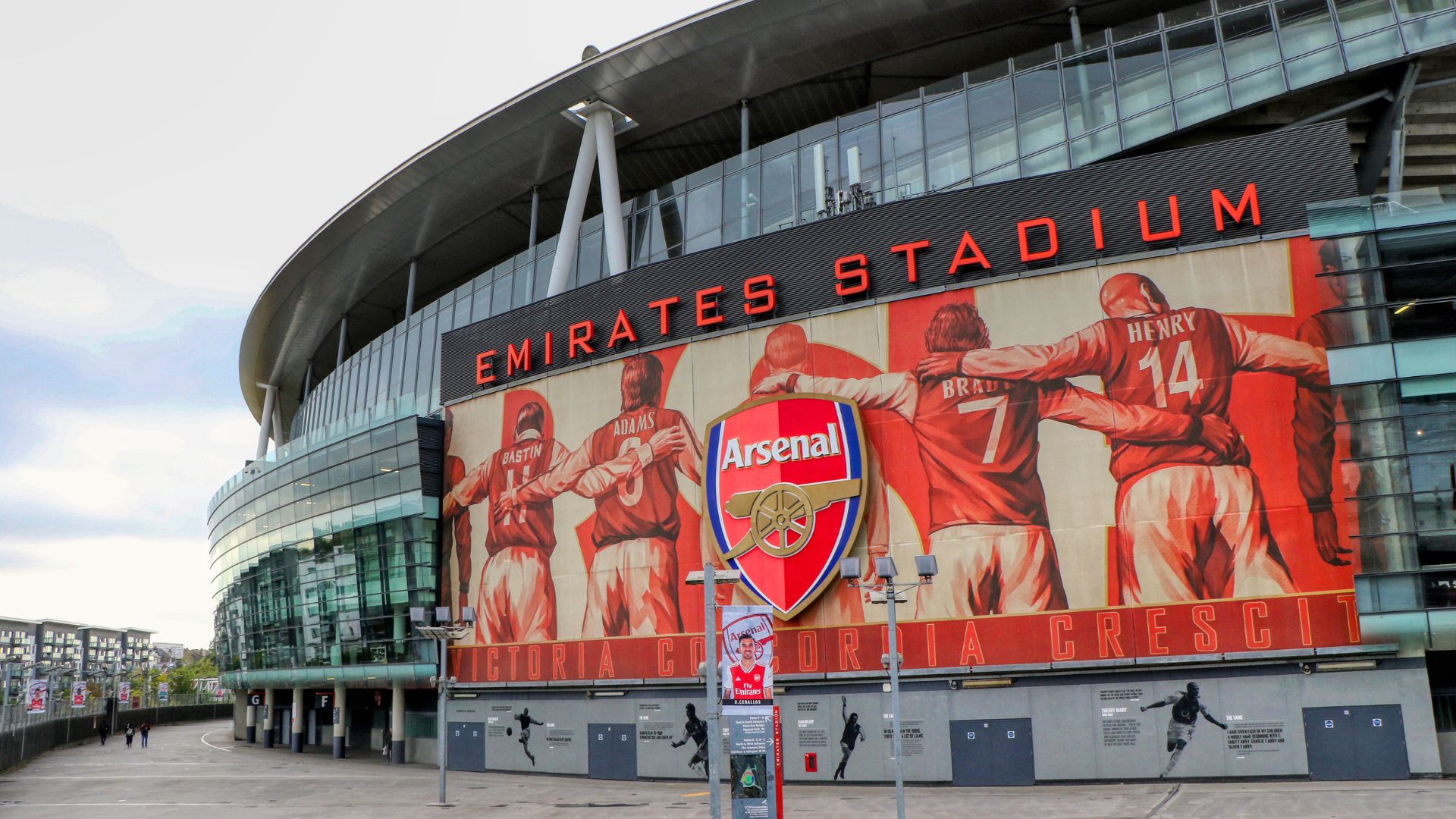You are viewing your 1 free article this month. Login to read more articles.
Arsenal’s ‘extraordinary’ place in Black British social history charted in book for W&N
Weidenfeld & Nicolson has commissioned UCL film scholar Clive Nwonka and Barbican curator Matthew Harle to edit a photographic celebration of Arsenal FC’s “extraordinary” place in Black British social history.
Publishing director Ed Lake acquired world English rights in Black Arsenal from Luke Ingram of the Wylie Agency. Black Arsenal will be published in autumn 2024 in crown quarto hardback, e-book and audio editions.
The synopsis explains: “Arsenal Football Club is a nexus of London’s everyday multiculture. The club’s uniquely convivial fandom reflects the changing city that surrounds it. And over decades of fielding Black footballers who have made iconic contributions to the English game, it has formed a special relationship with Black Britain. Black Arsenal tells the story of a football club that came to stand for much more than the game itself.
“This book will balance serious intellectual enquiry with first-hand experience. It will be told in words and pictures with contributions from a multigenerational range of voices – writers, scholars, prominent fans and the players themselves – and a mixture of eye-catching illustration: from the best sports photography to personal snapshots. An extended introductory essay from Paul Gilroy will offer a wide-ranging consideration of Arsenal’s role in London’s Black history.”
Nwonka is associate professor in film, culture and society at UCL, and a faculty associate of the UCL Sarah Parker Remond Centre for the Study of Racism and Racialisation. Nwonka’s research centres on the study of Black British and African American film, with a particular focus on images of Black urbanity. In addition, he has published extensively on racial inequality in the creative industries.
Harle is a writer and curator from London. His most recent book was the edited Mirror Reflecting Darkly: The Rita Keegan Archive (Goldsmiths) and his current project traces the figures from a found address book of Jewish Berliners from 1931. He is curator of public programmes at the Barbican.
Lake said: “The story of how Arsenal came to assume such a central role in Black British life is absolutely fascinating, bringing together sport, passion, identity, histories of migration and more. Clive and Matthew are assembling an all-star list of contributors to bring out every fascinating angle, from the shifting semiotics of the strip to the fight to keep racists off the terraces. Black Arsenal will be a vital document, a majestically beautiful object, and an absolutely obligatory gift for anyone who cares about the wider meanings of football.”
Nwonka added: “Black Arsenal is the culmination of several years of research and thinking into the quite unique relationship between Arsenal and Black identities, both in British and international contexts. This relationship transcends football. We see it in popular and visual culture, music, fashion subcultures, anti-racism movements, organic multiculture and the everyday connections between Black people and culture and society – and, crucially, between each other. I’m extremely proud to be bringing what began as a personal exploration of my own Black identity and Arsenal’s Black iconography to fruition through this book.”


















